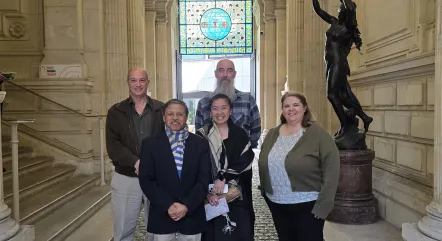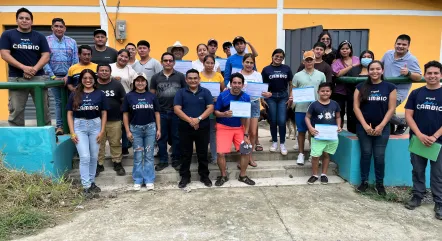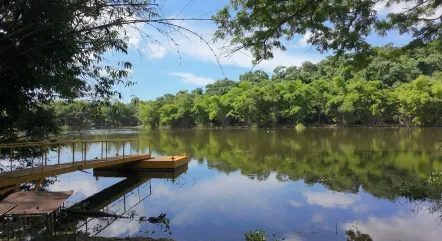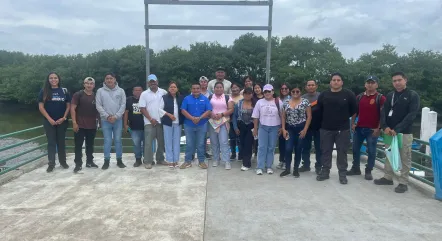Dr. Jorge Cuéllar-Anjel, FIMCM faculty member, participates in key WOAH meeting in Paris

During the second week of April 2025, Dr. Jorge Cuellar-Anjel, professor and researcher of the Faculty of Maritime Engineering, Biological, Oceanic Sciences and Natural Resources (FIMCM) of ESPOL, represented Ecuador at an important meeting of the Ad hoc Group (AHG) of the World Organization for Animal Health (WOAH, formerly OIE) in Paris, France.



